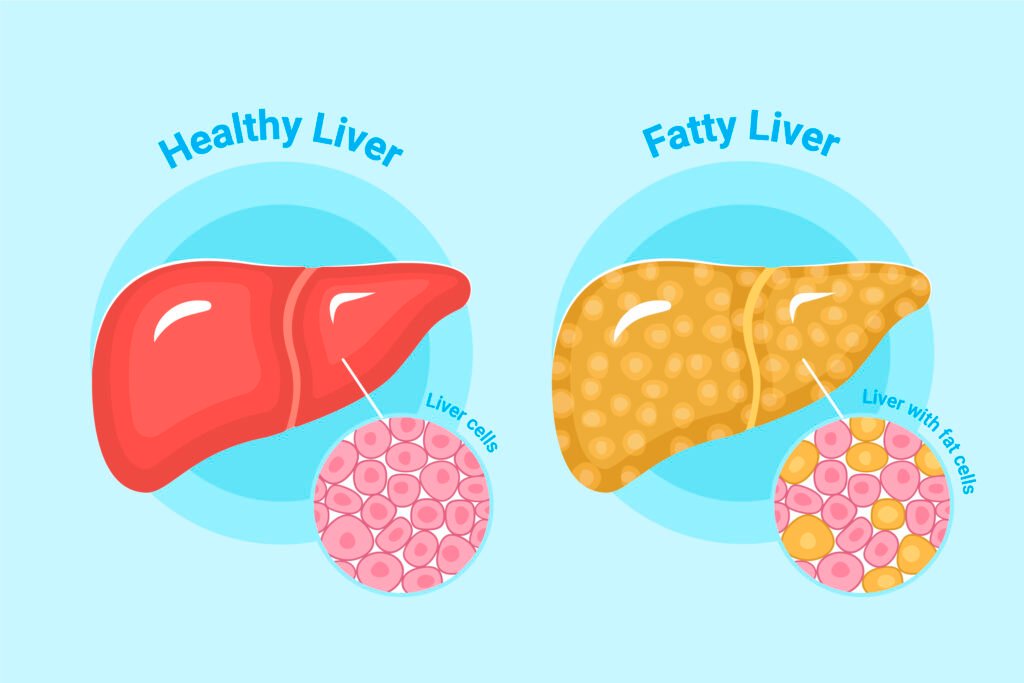Maintaining a healthy digestive system is essential for overall well-being. If you’ve struggled with bloating, gas, diarrhea, or IBS (Irritable Bowel Syndrome), chances are you’ve come across probiotics as a solution. But with hundreds of products on the shelves, knowing which ones actually work can feel overwhelming.
In this guide, we’ll simplify probiotics for gut health by breaking them into three main categories. You’ll learn what they do, how they help with digestion and IBS, and how to choose the right high-quality supplement.
Why Probiotics for Gut Health Matter
Probiotics are live microorganisms that support digestion, balance gut bacteria, and even benefit mood, immunity, and sleep. Research shows that the right probiotics can:
Repair and strengthen the gut lining
Reduce IBS symptoms like abdominal pain, bloating, and irregular bowel movements
Improve overall digestive function
Support mental health and reduce inflammation
For anyone struggling with gut issues, using the right probiotics is one of the most effective personal health strategies available.
The 3 Main Types of Probiotics for Gut Health
Despite the huge variety of supplements available, most probiotics fall into three core categories:
1. Lactobacillus and Bifidobacterium Blends
These are the most common probiotics, often found in yogurts and supplements. They:
Improve digestion and nutrient absorption
Reduce bloating and diarrhea
Support immune function
2. Saccharomyces boulardii (Beneficial Yeast)
This probiotic yeast helps balance gut flora and is especially effective for:
Reducing diarrhea, including antibiotic-related diarrhea
Improving IBS symptoms
Supporting immune defenses against harmful microbes
3. Soil-Based Probiotics (Bacillus Species)
Less common but highly effective, soil-based probiotics:
Support long-term gut health
Reduce inflammation
Improve resilience against digestive issues
When used together, these three categories work synergistically, covering different aspects of digestive support.
How to Start Taking Probiotics
When adding probiotics to your routine, introduce them one at a time. This allows you to monitor your body’s response:
Try one probiotic type for a few days
If symptoms improve or remain stable, continue using it
If you notice discomfort, stop that type and try another later
The goal is to eventually include all three types of probiotics for a well-rounded gut health strategy.
How to Choose a High-Quality Probiotic Supplement
Not all probiotics are created equal. To ensure you’re buying an effective product, look for these key factors:
CFU Count: Should be in the billions for noticeable impact
Allergen-Free: Free from gluten, dairy, and other common triggers
Third-Party Tested: Independent verification of potency and purity
Expiration Date: Ensures live cultures are active and effective
Reading labels carefully ensures that you’re investing in probiotics that will truly benefit your gut health.
Final Thoughts: Building a Healthier Gut
Probiotics for gut health are a powerful tool for anyone dealing with IBS or other digestive problems. By focusing on the three main categories—Lactobacillus/Bifidobacterium blends, Saccharomyces boulardii, and soil-based probiotics—you can simplify your choices and focus on what really works.
Start slow, listen to your body, and choose high-quality supplements. With consistency, you’ll likely see improvements not just in your digestion, but also in energy, mood, and overall well-being.
Pravin is a tech enthusiast and Salesforce developer with deep expertise in AI, mobile gadgets, coding, and automotive technology. At Thoughtsverser, he shares practical insights and research-driven content on the latest tech and innovations shaping our world.
- Pravin Rhttps://thoughtsverse.com/author/pravin321/
- Pravin Rhttps://thoughtsverse.com/author/pravin321/
- Pravin Rhttps://thoughtsverse.com/author/pravin321/
- Pravin Rhttps://thoughtsverse.com/author/pravin321/



